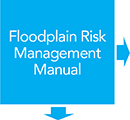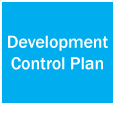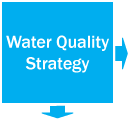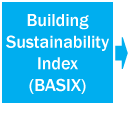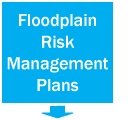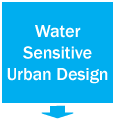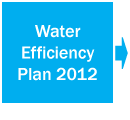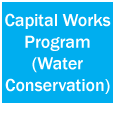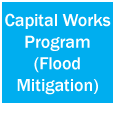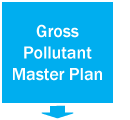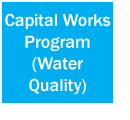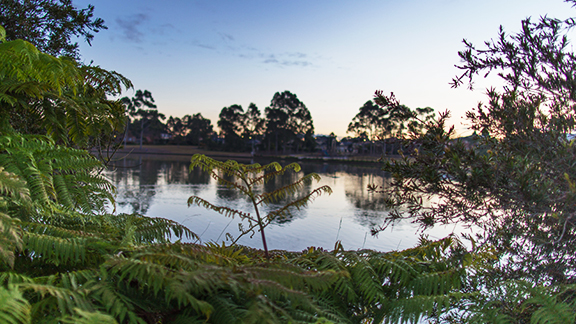The Liverpool Local Government Area (LGA) is traversed by two major river systems, the Georges River and the Nepean River, and many of their tributary creeks and waterways systems. The waterways are under pressure from past and existing developments, catchment disturbance and hydrological modification, land use transformation and large-scale vegetation changes. The population of Liverpool is projected to undergo another period of significant growth as a result of major infill developments and new urban release areas within western areas of Liverpool. The projected growth and associated development will produce significant pollution loads into the waterways. Without appropriate strategy to manage issues associated water quality and ecological health of waterways and wetlands, there would be substantial adverse impact on the environment and the community.
Stormwater Management is a principle activity under Direction 5 “Natural Sustainable City” of Council’s ten year Community Strategic Plan Growing Liverpool 2023. The plan has strategic target to improve ecological health of all waterways within the LGA.
The following standard requirements and provisions provides a proactive response to these pressures and aims to protect the aquatic ecosystems, the water resources and minimise the impacts of urban development on the urban water cycle.
Management of all flood prone lands within the LGA are governed by the State Government’s Flood Policy and Flood Risk Management Manual 2023. Council has developed Flood Studies and Floodplain Risk Management Studies and Plans (FRMSP) for all major waterways within the LGA to guide sustainable development of flood prone lands affected by both mainstream and overland flooding. All developments within flood prone lands must comply with the development controls stipulated in Council’s DCP and the LEP.
This Water Quality Management Strategy is a key element of Council’s water management planning process and provides a framework for undertaking water quality improvement projects in a coordinated manner. The key water related actions include Gross Pollutant Trap (GPT) Master Plan, guideline for Water Sensitive Urban Design (WSUD) provisions in new development, water quality treatment systems installed by Council as part of road, footpath and park upgrades, Environment Restoration Program (ERP) strategy and riparian zone management. All developments within the LGA must comply with the water quality improvement targets and controls stipulated in Council’s DCP.
Liverpool City Council manages a large property portfolio. Currently over 236 water meters track water deliver to over 500 parks, 236 buildings and over 800 staff. Liverpool City Council is committed to reducing the environmental impact of its facilities and activities, conserving resources and leading by example. Water-saving initiatives for both the organisation and the general community included retrofits, education programs and changing works practices as part of a water demand program. All developments within the LGA must comply with the Building Sustainability Index (BASIX), DCP and Water Efficiency Plan.





